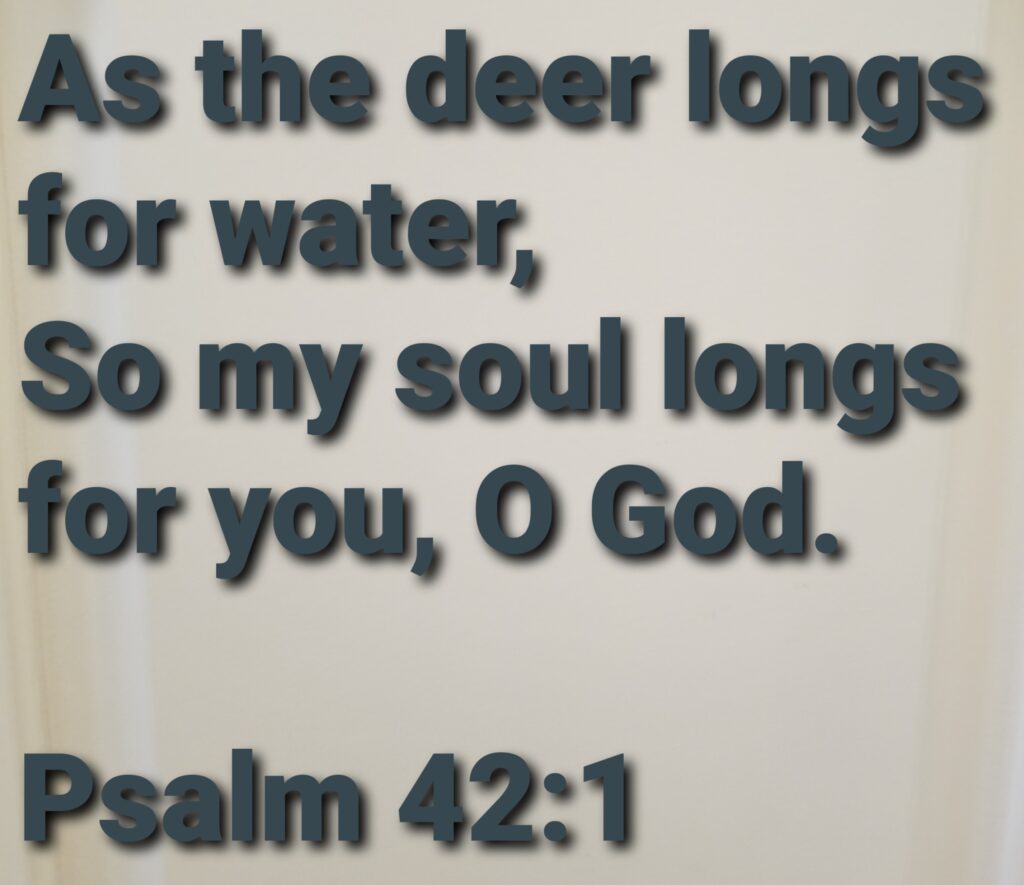I started taking piano lessons in the fourth grade. I’ve been playing ever since. Recitals, church services, funerals, a wedding, a handful of ceremonies. As part of my musical education, my Great Aunt and I used to attend recitals at the university where professional musicians played the piano, organ, and harpsichord. They were lovely. Peaceful, calming melodies skillfully played by an unobtrusive musician who allowed the notes to speak for themselves. People who, without a spoken word, nurtured and encouraged the love of music in my teenage heart.
In spite of that love, there are some instruments I would gladly forego. Instruments that don’t carry a melody, don’t harmonize. Cymbals. Gongs. The abrasive instruments. They seem to get carried away, as if venting frustration at their small part in the score. There’s never a gong solo or a cymbal quartet. So when their part comes up, the player hammers away as if it’s the last worthy thing they’ll ever do. Maybe that is the intended use. I don’t know. I do know their banging often severs the beauty of the melody and detracts from the piece.
Apparently the Apostle Paul and I share these feelings concerning gongs and cymbals. He didn’t seem to love the percussion section either. In a wildly unflattering comparison, he called those who claim to love others, who do all the right actions but don’t have the right spirit to be noisy, abrasive gongs and cymbals. (I Corinthians 13:1) He says you can do a host of good things, be ridiculously intelligent, prophesy, move mountains with your faith, even sacrifice your body, but if you don’t love others, your percussion section is out of hand. (I Corinthians 13:1-3)
We’ve been hearing a lot about loving others lately. “Love your neighbor” is society’s latest mantra. I want to believe they mean well, but I’m concerned about their definition. Their measuring stick of love is a permissive validation of sin. It is blanket approval. It shows preference. It allows for angry tantrums and outbursts. It does not exhibit self-control. It justifies unforgiveness. The love of which society speaks is an outward act to hide the inward ugliness and anyone can do it, even while their hearts are teeming with hate.
It has taken me several readings of I Corinthians 13 to get what Paul was really saying. It wasn’t actually about the things you do physically. Loving your neighbor has nothing to do with salving your conscience, impressing church leaders, or padding your resume. It’s about your heart. It’s about making a beautiful melody for God with your life. Loving others is not a list of outward acts. It is an inward work. True love for your neighbor speaks strictly to the state of your heart.
It is to that state of heart Jesus is referring when he tells the parable of the Good Samaritan in Luke 10. A Jewish man is travelling along a road when robbers jump out and stop him. Their attack leaves him beaten, stripped, and possibly dying on the side of the road. A priest is travelling the same road. He sees the lump of abused humanity. He feels no compunction to stop even to check for signs of life. Unwilling to sully his robe or dirty his hands, he crosses to the other side of the road and keeps travelling. A Levite, possibly an assistant in the Temple, comes along. Maybe he took a moment to look, assess the situation. Deeming the broken man unworthy of his valuable time, he too, crosses to the other side of the road and passes by.
Eventually, a Samaritan man comes down the road. He sees the man, just like the first two travelers. He could easily have passed by also. The Jews and Samaritans didn’t associate. Society would frown on the interaction. But the heart of the Samaritan man was different. He wasn’t bound by society’s ideology. His heart is moved with compassion. He doesn’t stop just to have a look. He stops to help. He cleans and bandages the best he can. Then he loads him on his donkey, books him in the inn to recover, and pays the bill in advance. No checking to make sure the news crews were in place to cover it. No making certain the Jewish man could pay him back. No fanfare. No clanging cymbals or resounding gongs. Only compassion and help for a needy fellow traveler. (Luke 10: 29-37)
I grew up watching this love at work–in a church parsonage. I’ve entered the dining room to find we had company for breakfast. Company I didn’t know. Company that just needed a meal. Single adults. Families. Over the course of my growing up years, it seems we served breakfast to more strangers than friends. People with a story and a need. Even when we had next to nothing ourselves, Dad would come in with people who needed help and, the next thing I knew, Mom was cooking eggs for a crowd. They would leave. We’d never see them again, but those travelers would always carry with them the memory of a preacher’s family that listened to their story, fed them, and prayed over them. Compassion and help for needy fellow travelers.
You see, true love for others doesn’t check to see if they are on the “safe to socialize” list. It does not allow social opinions or pressure to determine neighborly compassion. It doesn’t bang a gong before helping. It doesn’t take videos to post online as it does its good works. Love doesn’t see photo ops. It simply sees need, feels compassion, and acts to meet that need.
We aren’t naturally wired that way, so how do we get there? How do we get from just doing good works because they are expected to doing good works because we feel deep compassion for others? It goes back to Luke 10:27. The first phrase. “Love God with all your heart, soul, strength and mind.” It goes back to being First Commandment People. People that are in such a deep relationship, deep friendship with God that His love fills us and flows out of our lives to touch those around us. It is that deep friendship that teaches us how to love others. We’d be lying if we said God is not continually patient, kind, selfless, and forgiving. If He wasn’t we’d have stopped being friends long ago. He calls us to do the same, “Love your neighbor as yourself.” (Luke 10:27)
Loving your neighbor doesn’t always look the way the world thinks it does. It isn’t always monetary. It’s not always volunteering for an organization. Loving your neighbor is often small, simple everyday things. Patience. Kindness. Forgiveness even when there’s no apology. Selflessness. There won’t be a lot of fanfare. There won’t be a press release. No one will pat you on the back. No cymbals or gongs. But there will be beautiful music made when you allow Jesus’ love to change your heart and help you touch the lives of others.
About a year ago, the Lord spoke to me about grace, unmerited favor bestowed on us because of God’s love for humanity. He said every moment of our lives is a moment to give or receive grace. I began repeating it over and over to my children. “Every moment of every day is a moment to give or receive grace.” I wanted them to recognize the touch of grace in their lives. More than that, I wanted them to give grace, show love to others. Those who wronged them. Those who need help. People in wheelchairs. Children alone on the playground. I wasn’t sure it was sinking in. Then one day, my youngest daughter bought her sister an iced tea at the coffee shop using her own money. I was telling her how proud I was of her kindness when her offhand remark brought me to tears, “Every moment of every day is a moment to give or receive grace.” And so it is. Every moment of every day is a moment to, in grace, reach out in love to someone around you.
Love is patient. Love is kind. Love is unselfish. Love is not proud, boastful, envious, or angry. Love forgives. Love never ends. It keeps reaching out in compassion to meet needs physically, emotionally, spiritually. Not for the praise of men. Not for attention. Not only after banging a gong or clanging a cymbal. Expecting no reward. True love for your neighbor comes from a first commandment heart in deep relationship with Jesus Christ, overflowing with His love, and playing a second commandment melody that soothes, comforts, calms, and cures. (Matthew 10:8)


